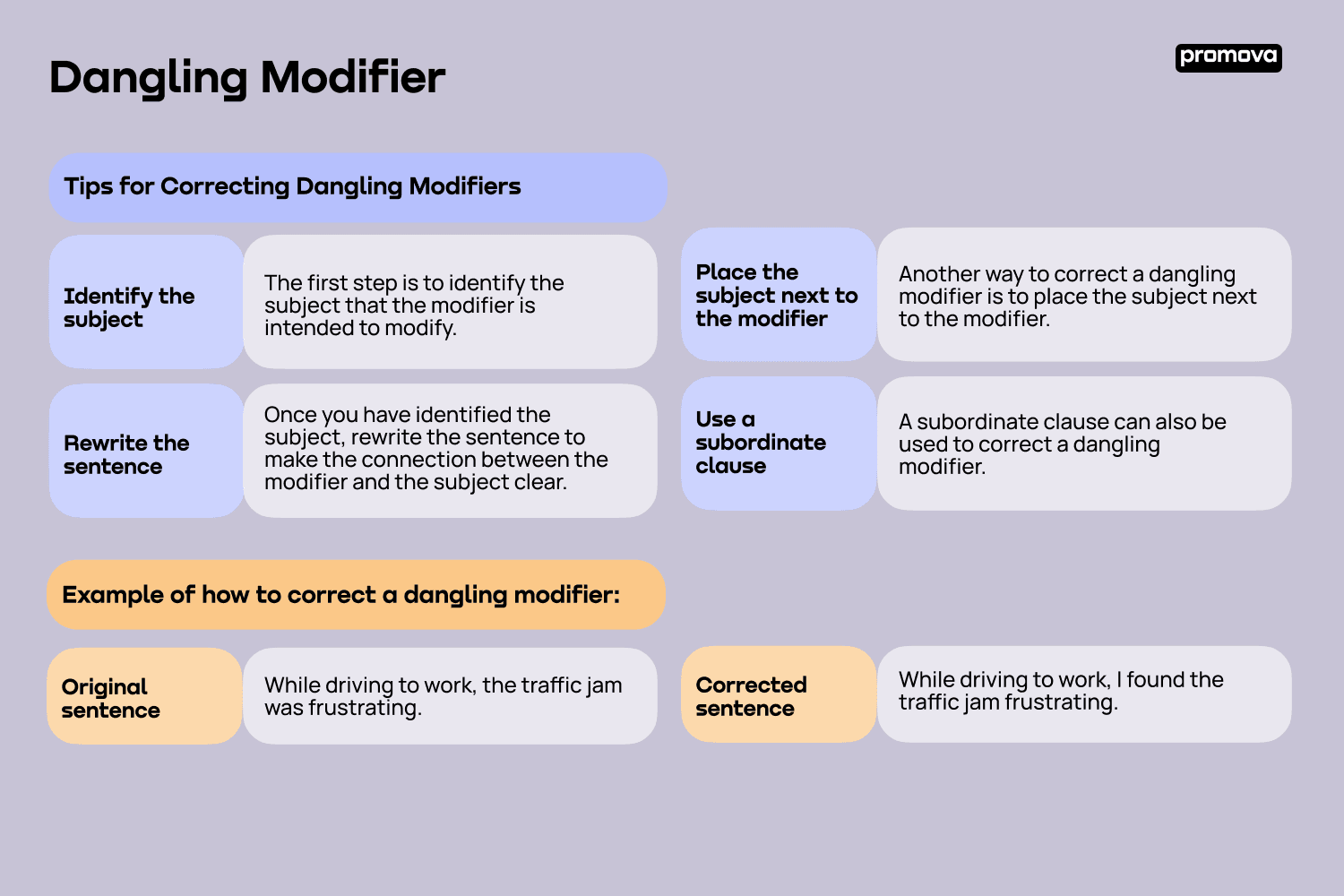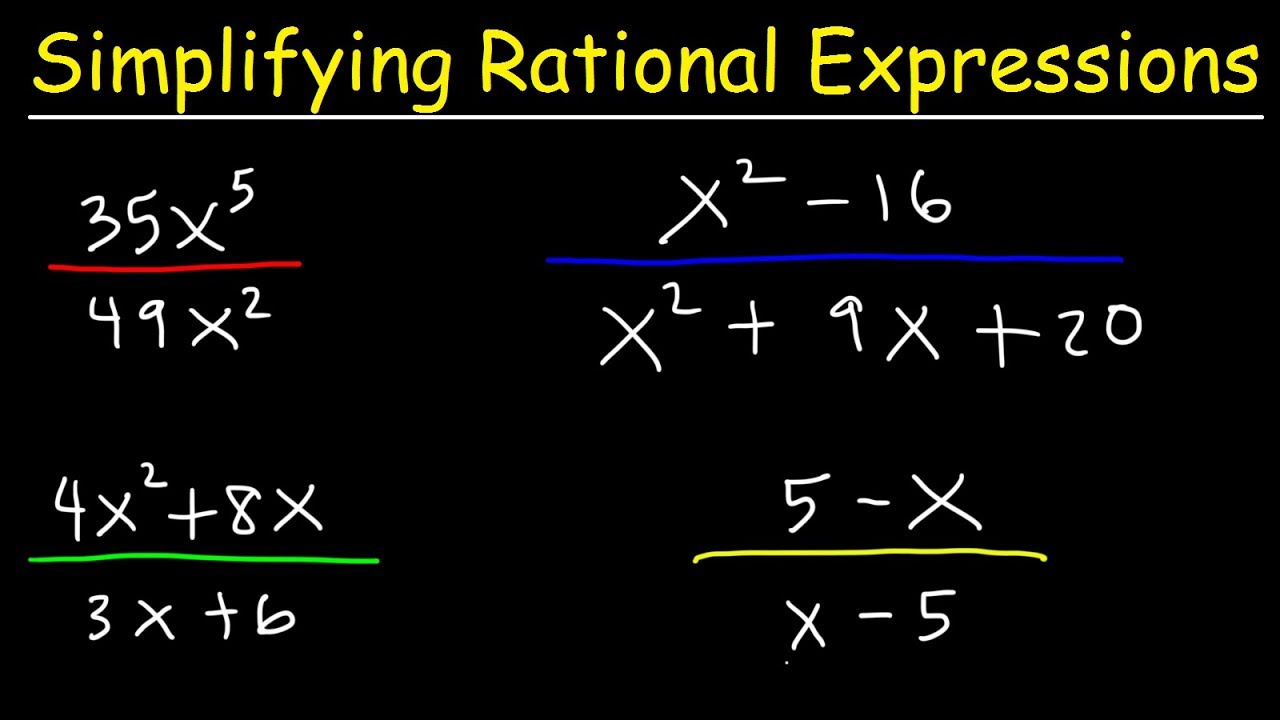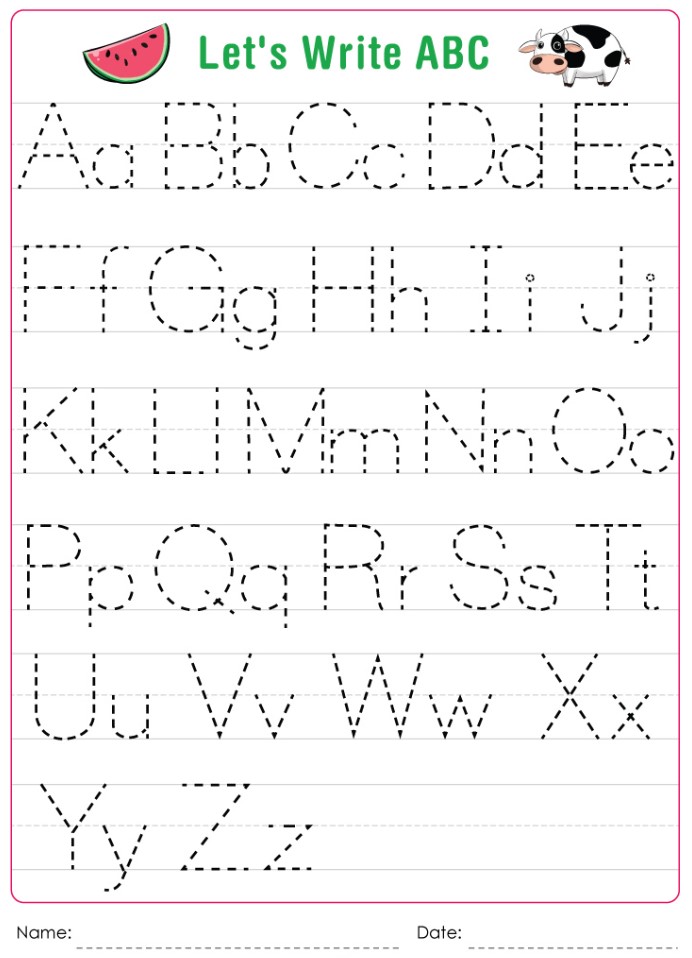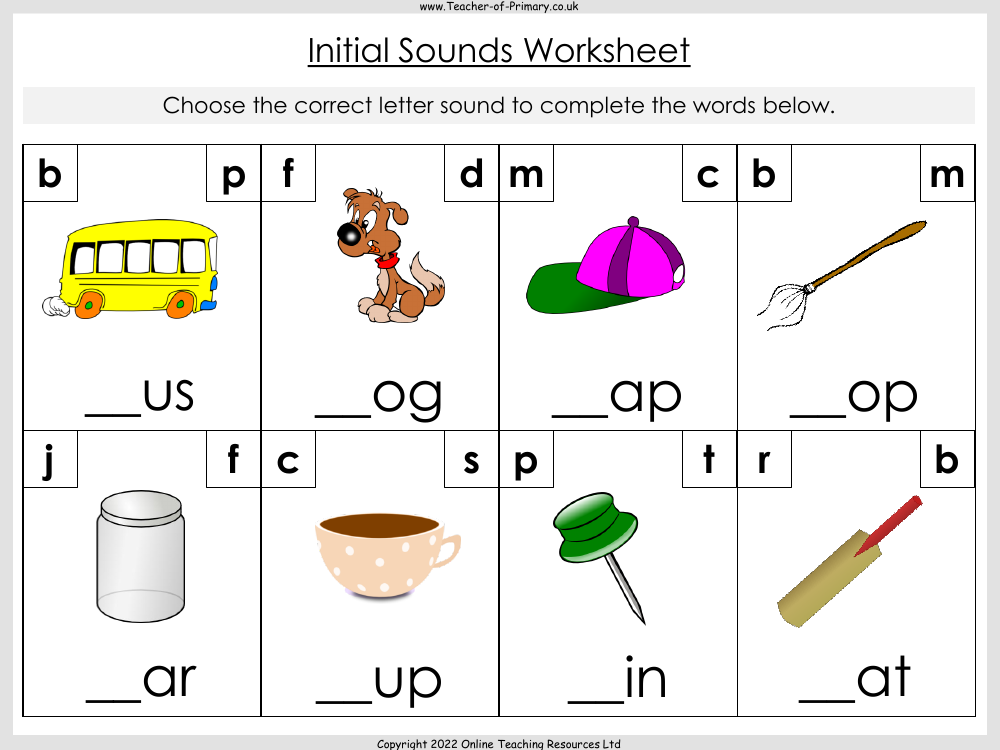5 Ways to Fix Misplaced Modifiers

Understanding Misplaced Modifiers
Modifiers, such as adjectives and adverbs, play a crucial role in conveying meaningful information in our writing. However, when these modifiers are not placed correctly in a sentence, they can lead to confusion and ambiguity. This phenomenon is known as a misplaced modifier. In this article, we will delve into the world of misplaced modifiers and explore five ways to fix them, ensuring that your writing is clear and concise.
What are Misplaced Modifiers?
A misplaced modifier is a word or phrase that is intended to modify a specific word or phrase in a sentence, but is placed incorrectly, leading to confusion about what is being modified. Modifiers can be adjectives, adverbs, phrases, or clauses that provide additional information about a word or phrase in a sentence. When a modifier is misplaced, it can change the meaning of the sentence entirely.
5 Ways to Fix Misplaced Modifiers
1. Rearrange the Sentence
One of the simplest ways to fix a misplaced modifier is to rearrange the sentence to ensure that the modifier is placed as close as possible to the word it is intended to modify.
Incorrect: Having studied all night, the exam was easy. Correct: Having studied all night, I found the exam easy.
In the corrected sentence, the modifier “having studied all night” is placed closer to the word it is intended to modify, which is “I”.
2. Use a Prepositional Phrase
Another way to fix a misplaced modifier is to use a prepositional phrase to clarify the meaning of the sentence.
Incorrect: The teacher gave the students a long assignment that was difficult. Correct: The teacher gave the students an assignment that was long and difficult.
In the corrected sentence, the prepositional phrase “that was long and difficult” is used to modify the noun “assignment”, making the sentence clearer.
3. Use an Adverbial Phrase
Adverbial phrases can also be used to fix misplaced modifiers. Adverbial phrases are phrases that function as adverbs, modifying verbs, adjectives, or other adverbs.
Incorrect: The manager spoke to the employees in a loud voice. Correct: The manager spoke loudly to the employees.
In the corrected sentence, the adverb “loudly” is used to modify the verb “spoke”, making the sentence clearer.
4. Use a Subordinating Conjunction
Subordinating conjunctions can also be used to fix misplaced modifiers. Subordinating conjunctions introduce dependent clauses, which cannot stand alone as complete sentences.
Incorrect: After studying all night, the exam was easy. Correct: Because I had studied all night, I found the exam easy.
In the corrected sentence, the subordinating conjunction “because” is used to introduce the dependent clause “I had studied all night”, making the sentence clearer.
5. Use a Relative Clause
Relative clauses can also be used to fix misplaced modifiers. Relative clauses are clauses that provide additional information about a noun or pronoun in a sentence.
Incorrect: The book, which was written by my favorite author, is on the bestseller list. Correct: The book written by my favorite author is on the bestseller list.
In the corrected sentence, the relative clause “written by my favorite author” is used to modify the noun “book”, making the sentence clearer.
📝 Note: When fixing misplaced modifiers, it is essential to consider the tone and style of your writing. Sometimes, rearranging the sentence or using a different modifier can change the tone or style of the sentence.
What is a misplaced modifier?
+A misplaced modifier is a word or phrase that is intended to modify a specific word or phrase in a sentence, but is placed incorrectly, leading to confusion about what is being modified.
How can I fix a misplaced modifier?
+There are several ways to fix a misplaced modifier, including rearranging the sentence, using a prepositional phrase, using an adverbial phrase, using a subordinating conjunction, and using a relative clause.
Why is it important to fix misplaced modifiers?
+Failing to fix misplaced modifiers can lead to confusion and ambiguity in your writing, making it difficult for readers to understand your intended meaning.
By following these five ways to fix misplaced modifiers, you can ensure that your writing is clear, concise, and free of ambiguity. Remember, clarity is key to effective communication, and fixing misplaced modifiers is an essential step in achieving clarity in your writing.



